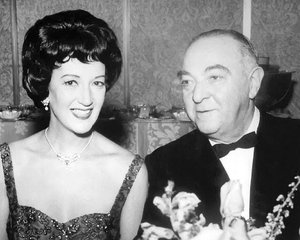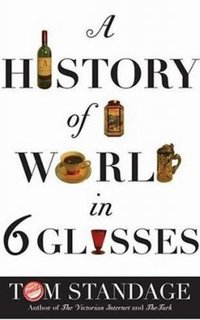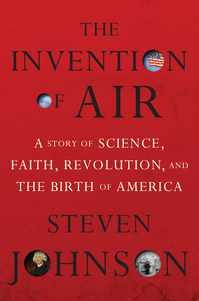(p. A15) Shachar M. Pinsker, a Hebrew scholar at the University of Michigan, believes that cafés in six cities created modern Jewish culture. It’s the kind of claim that sounds as if it might be a game-changer, and there are enough grounds and gossip in “A Rich Brew” to keep this customer engrossed from cup to cup, . . .
Mr. Pinsker gets percolating at Signor Fanconi’s establishment in Odessa, an Italian café where women were unwelcome and Jews periodically excluded. The young Sholem Aleichem, arriving penniless from Kiev in 1891, found a marble table in the corner and started writing short stories that become the bedrock of Yiddish literature. What else went on in a Black Sea café? They “talk politics day and night . . . read newspapers from all over the world . . . and speculate on currencies and stocks,” writes Mr. Pinsker, drawing on letters of the cafe’s habitués. Isaac Babel found Fanconi’s “packed like a synagogue on Yom Kippur.” It got shut down by Lenin’s commissars.
For the full review, see:
Norman Lebrecht. “BOOKSHELF; A Remarkable Cultural Infusion; Sholem Aleichem found a table and wrote stories while all around him customers drank coffee, read newspapers and talked politics.” The Wall Street Journal (Friday, June 29, 2018): A15.
(Note: ellipsis at end of paragraph, added; ellipses internal to paragraph, in original.)
(Note: the online version of the review was last updated June 28, 2018, and has the title “BOOKSHELF; ‘A Rich Brew’ Review: A Remarkable Cultural Infusion; Sholem Aleichem found a table and wrote stories while all around him customers drank coffee, read newspapers and talked politics.”)
The book mentioned above, is:
Pinsker, Shachar M. A Rich Brew: How Cafés Created Modern Jewish Culture. New York: NYU Press, 2018.




